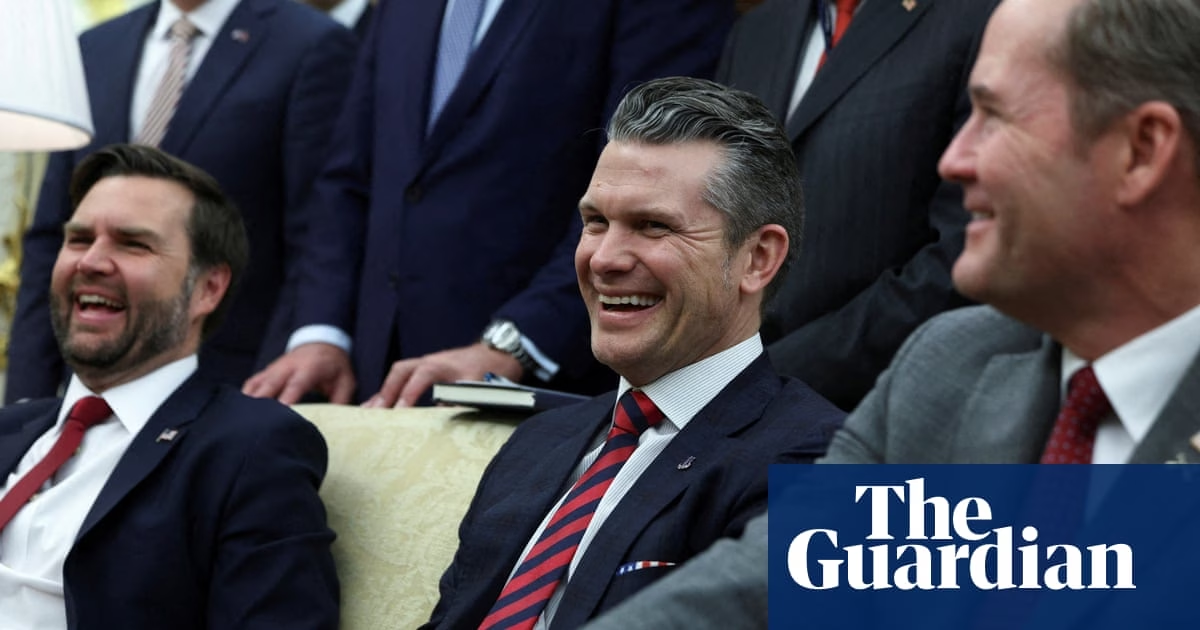If Europe wasn’t already on edge, the recent shocking leak of deliberations by JD Vance and other high-ranking officials in the Trump administration regarding a strike against the Houthis in Yemen is another clear indicator that the continent is viewed as a prime target. The leak, which revealed sensitive planning discussions to Jeffrey Goldberg of The Atlantic, has sparked fury among Republicans who have called for criminal investigations over the mishandling of classified information.
While the strike’s primary purpose seemed to focus on maritime trade security and countering Iran, Vance has chosen to leverage this as a reason to delay the strike, apparently concerned about Europe’s reliance on US defense spending and military capability. Vance argued that a significant portion of European trade, compared to only 3% of US trade, passes through the Suez Canal, suggesting that the public may not fully understand or support the strike’s necessity. He emphasized that the main reason for the strike is to send a strong message, following Trump’s own sentiments.
Vance’s stance highlights a broader contention that the US is shouldering responsibilities that Europe ought to undertake. This view aligns with his previous criticisms of European nations, particularly the UK and France, questioning their recent engagement in military conflicts. During the discussions, Vance seemed to hint at a divergence in his foreign policy views from those of Trump, acknowledging the potential economic repercussions and suggesting a delay to better explain the importance of the strike and assess economic conditions.
The list of officials mentioned during the deliberations underscores Vance’s increasing influence in foreign policy. Notably, Vance’s national security advisor Andy Baker and defense secretary Pete Hegseth’s pick Dan Caldwell, a proponent of US foreign policy restraint, were mentioned, indicating a strong presence of Vance’s team within the Pentagon and highlighting a more confrontational stance towards the transatlantic alliance.
These events have heightened concerns in Europe, with the European foreign policy chief Kaja Kallas accusing Vance of attempting to provoke a confrontation with European allies. Other European diplomats have expressed similar sentiments, viewing Vance as a significant threat to US-European relations.
The discussion among the officials on the call revealed a mix of motivations and reservations. Hegseth and Waltz recognized the importance of core American values in the strike but suggested a willingness to delay if needed. Miller, acting as a voice for Trump, advised clarity on expectations towards Egypt and Europe, indicating a broader strategy for the administration.
In conclusion, the Trump administration’s stance towards Europe is becoming clearer, with few advocates speaking up for NATO or larger European interests. Discussions among Trump confidantes, such as Steve Witkoff and Tucker Carlson, even ponder the potential for Gulf economies to surpass those of Europe, viewing Europe as dysfunctional. This developing narrative implies a significant shift in US-European relations, with Vance and others in the administration playing a pivotal role in shaping transatlantic dynamics.
Source: https://www.theguardian.com/world/2025/mar/25/stunning-signal-leak-reveals-depths-of-trump-administrations-loathing-of-europe








